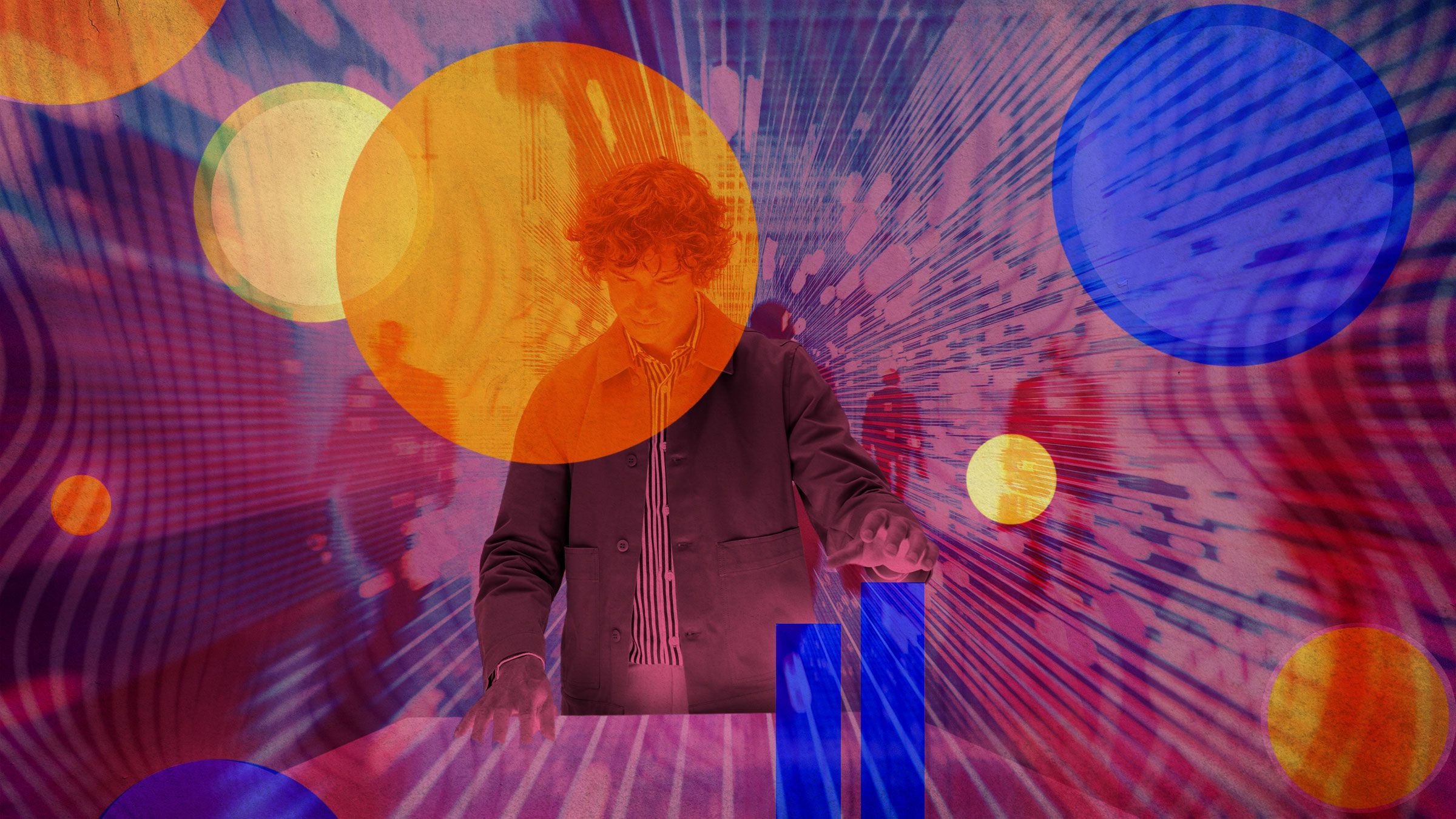The AI-Fueled Future of Work Needs Humans More Than Ever
As artificial intelligence continues to transform industries and workplaces, there is a growing concern about the role of humans in this increasingly automated world. However, despite the rise of AI technologies, humans are more important than ever in the future of work.
AI can perform repetitive and mundane tasks with efficiency and accuracy, but it lacks the creativity, empathy, and critical thinking skills that humans possess. These human qualities are essential for problem-solving, innovation, and collaboration in the workplace.
Humans also play a crucial role in guiding and overseeing AI systems to ensure ethical decision-making and prevent bias or discrimination. AI may be able to process vast amounts of data, but it requires human oversight to interpret and contextualize the information.
Furthermore, the human touch is irreplaceable in customer service, healthcare, education, and many other fields where empathy and emotional intelligence are key. While AI can enhance productivity and efficiency, it cannot replace the human connection and personalized care that people provide.
In the AI-fueled future of work, humans and machines will need to collaborate and complement each other’s strengths. While AI can automate routine tasks and crunch numbers, humans can focus on creative problem-solving, strategic decision-making, and building relationships.
It is essential for organizations to invest in upskilling and reskilling their workforce to adapt to the changing nature of work driven by AI. This includes developing skills in data analysis, digital literacy, critical thinking, and emotional intelligence.
By embracing the symbiotic relationship between humans and AI, organizations can create a more productive, inclusive, and innovative work environment. The key to success in the AI-fueled future of work lies in recognizing and harnessing the unique strengths of both humans and machines.
In conclusion, while AI is revolutionizing the future of work, humans remain indispensable in driving creativity, empathy, and ethical decision-making. The symbiotic relationship between humans and machines is essential for harnessing the full potential of AI technologies and creating a more human-centered workplace.
